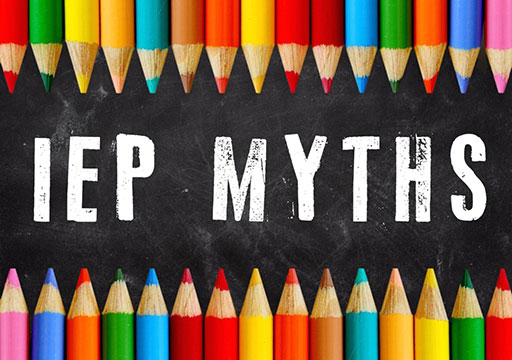When it comes to Special Education Litigation, how does the Federal Court System work?
Special education cases follow a specific path in the federal court system. Cases in the federal court system may work their way up through three tiers of review:
Federal District Courts are the source of most special education rulings. They are the first level of appeal when a parent or a district challenges a due process decision. Some states only have one District Court, buy others have as many as four.
U.S. Circuit Courts of Appeal are intermediate-level courts that hear cases appealed from federal District Courts. Most Circuits include at least three states or territories, but some include as many as 11. Nevada is in the 9th Circuit.
The U.S. Supreme Court is the highest court in the country. Parents that are dissatisfied with how a U.S. Circuit Court of Appeal decided their dispute can file a petition for writ of certiorari, or a request that the Circuit Court send the record of the case to the Supreme Court for review. The Supreme Court hears a very small percentage of cases.
Each decision issued by a federal court builds on the existing body of case law. If a Circuit Court issues a ruling on how to interpret a specific provision in the law, the lower courts within that jurisdiction must follow that same interpretation – even if they believe it’s incorrect. A single U.S. Court of Appeal ruling can affect thousands of pending cases in the same jurisdiction. For example, if the U.S. District Court, Southern District of Mississippi issues a decision in an IDEA case involving prior written notice, all the school districts within the jurisdiction of that U.S. Court must take notice of the decision. If the 5th U.S. Circuit Court of Appeals decides an IDEA case involving prior written notice, then all school districts in Mississippi, Texas, and Louisiana must bring their prior written notice practices in line with that decision. If the U.S. Supreme Court hears a case from Mississippi on prior written notice and issues an opinion, school decisions across the nation are bound to comply with that decision.
Categories:Uncategorized
0 Likes





